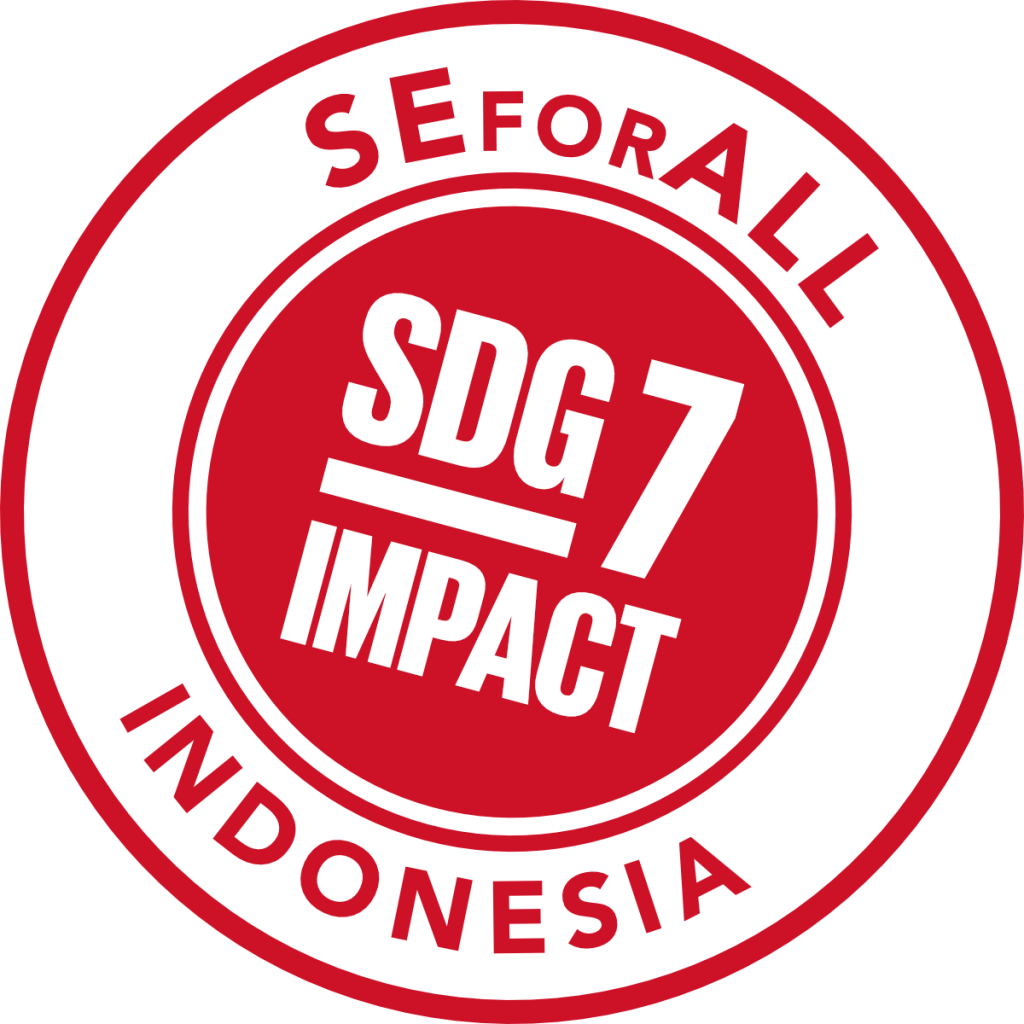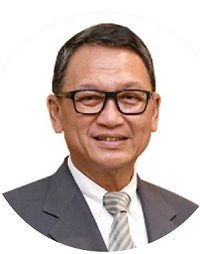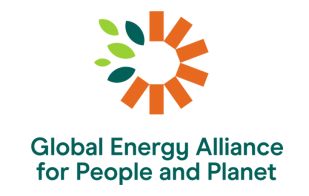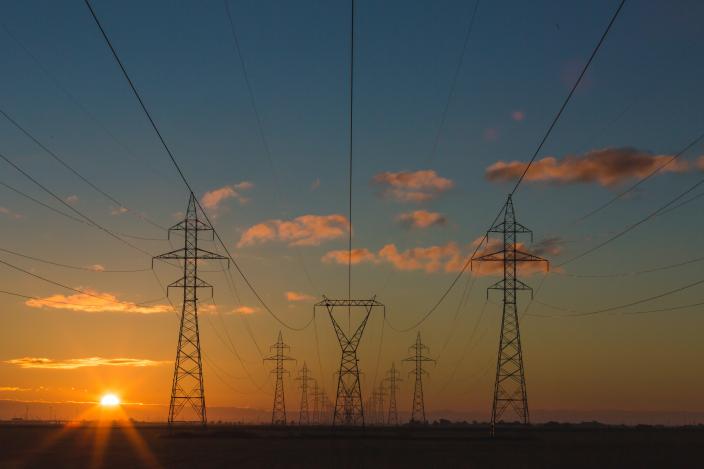Country work - Indonesia
Our current work in Indonesia focuses on strengthening the institutional capacity of local UN bodies to support the Indonesian government and its partners.
Since November 2022, we are providing in-country support through a UN Advisor on Energy Transition, which is working with the UN Resident Coordinator’s office to develop a One UN strategy on energy. This strategy will promote a joint and coordinated UN approach to energy transition efforts in Indonesia.
As a member of the G20 Energy Transition Working Group, we contributed to discussions throughout Indonesia’s G20 Presidency in 2022, which ultimately produced the “Bali Compact”. G20 Energy Ministers agreed to work towards clean, sustainable, just, affordable, and inclusive energy transitions.
We also supported the development of Indonesia’s National Cooling Action Plan, which provides a roadmap to reduce energy-related emissions from cooling.

3,274 m
Solar capacity potential, in GW
0.24
Current solar capacity, in GW
96%
Populations with access to electricity (2020)
84%
Population with access to clean cooking (2020)
“What is important now is that we work together to coordinate policies, to strengthen cooperation and make sure our energy transition agenda moves forward.”

Hon. Arifin Tasrif
Indonesia Minister for Energy and Mineral Resources
Indonesia’s leadership
Indonesia is on track to achieve its SDG7 targets on universal electrification and access to clean cooking by 2030. However current trends suggest that Indonesia will fall short of achieving its 2025 target renewable energy target of at least 23 percent in the total final energy supply.
Several initiatives were announced in 2021 and 2022 to support Indonesia’s energy transition plans amounting to more than USD 21 billion in commitments from G7+ countries, ADB, World Bank and IsDB. These include the Just Energy Transition Partnership and Energy Transition Mechanism.
Indonesia’s government has also embarked on a path of policy and regulatory reforms to enable private sector investments in the energy sector including the introduction of an emissions trading scheme to be implemented by 2025.
Why is our work with Indonesia important?
Cutting carbon emissions. Indonesia has almost fully electrified its population, but coal is the mainstay of its energy system: 70 percent of Indonesia’s energy supply comes from coal and the country is one of the largest exporters of thermal coal.
The government has set a target of net-zero emissions in its power sector by 2050. This calls for coal retirement and renewable energy development to be accelerated. Energy efficiency technologies, switching to clean cooking, and the implementation of smart grids are also needed.
Implementing these measures requires collaborating within government and with its outside partners, including the UN. We are working to ensure the UN coordinates its resources to support Indonesia in the strongest way possible.
Supported by:






